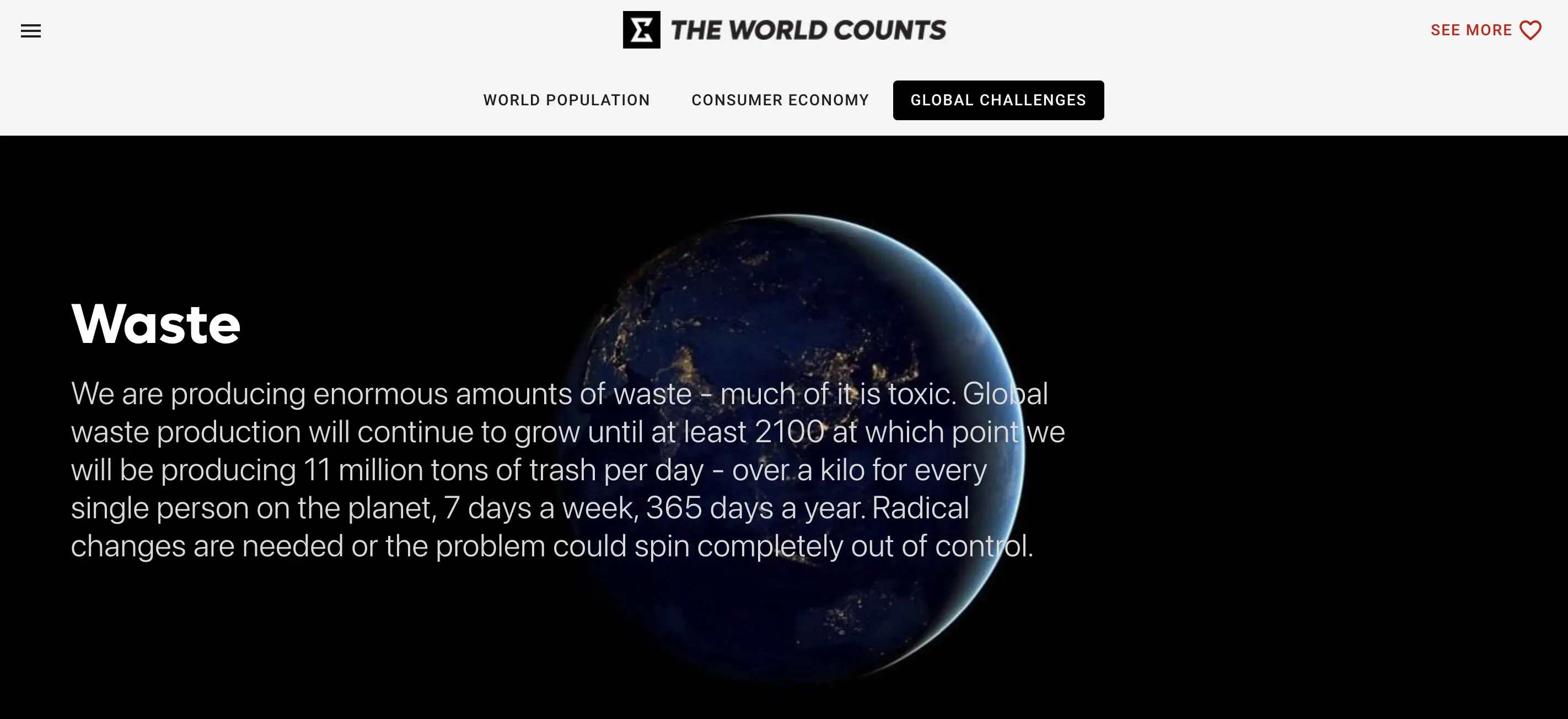
© 2026 Made for Planet • Privacy Policy • Terms & Conditions
Platform by Mission Sustainability
By • Aug 18, 2024

Humans are creatures of habit. You and I have muscle memory of most of our daily tasks. We do it out of habit, using little or no brain of ours to do it. This applies to everything from taking showers to driving to doom scrolling.
How many times we have to stop ourselves from picking up phones in a day, it is crazy right! We are leaning towards becoming more & more lazy. The bad news is top minds in the world are ensuring that we stay like this, always on the couch & glued to phones.
But things were not always like this, actually they were quite different not very long ago.
Convenience trumps everything else! With the advent of same day delivery with Amazon Prime, Quick commerce and Daily commerce we don't realize how much we buy online. We forget the count of how many times parcels are delivered to us in a month.

In last 12 months I personally have indulged in ordering more than 125 times from Zomato 🙈
This just reiterates that we are all just humans. Convenience culture has ingrained in us deeply. Stress at work is at an all time high. Everyone is always busy working. Everyone is getting lazy. Everyone overly relies on technology for buying & indulging.
Hyper Consumerism is very much real. We are buying more than necessary and we are discarding more than we should.
An article by The World Counts says “Over Consumption is not, or should not be, the way of life. The global consumer economy is not sustainable - especially with more than 2 billion more people joining the consumer class by 2030.”

https://www.theworldcounts.com/challenges/planet-earth/waste
Change of behavior starts by accepting the fact that over consumption does not lead to happiness. Impulses need not always be attended to. We need to slow down the process of impulse buying & start a sustainable way of shopping.
😇One way that has always helped me is delayed gratification. I associate impulse purchases as rewards, I maintain a certain end goal in mind before I buy that product. It can be anything like losing weight, getting promoted or waiting for a birthday.
👫One more way of avoiding impulses is to not rely on excuses. Our minds are masters at convincing us into impulse buying with all types of excuses. We can ask our friends and family who can stop us the next time we give excuses and surrender to our impulse.
📱Uninstall ecommerce apps like Zomato, Blinkit and Amazon. Even if you want to order, try ordering from their website/web application. This will slowly but surely reduce instant 1 click ordering.
🎽In case there are things that you must buy, try buying from second hand products available on different portals. You can also try buying products which have clean labels & products which are produced sustainably. This is how you can practice sustainable shopping. Here are some of the list of companies offering eco friendly products that you can browse.
💡Reduce order returns by not ordering the same products of different sizes. Use smart size charts & hacks to cleverly solve returns & exchange issues.
🎁Check, encourage & ensure that the brands that you buy from adopt eco friendly packaging only. Before you place an order you can reach out to ask brands that you expect them to deliver in climate conscious packaging.

Source: https://www.strategy-business.com/article/The-rise-of-the-eco-friendly-consumer
A survey by PwC’s June 2021 Global Consumer Insights Pulse
One thing we all must remember is that we should be buying because there is a need, not for the sake of buying, not because our friends buy it, not because social media ads tell us to buy. We buy because it is a means to an end.
We encourage sustainable shopping & recommend buying products that can outlast decades.
The future will be very bleak if we don’t mend our ways. On the brighter side younger generations are more mindful of purchasing products which have eco-friendly packaging & less carbon footprint.
We would love to discuss your thoughts on this article. Next time you struggle just remind yourself to slow down & reflect. At Made for Planet we aim to really become your ally, your one true companion who you can turn to and ask for the right recommendations.
Sources
https://nashandbanks.com/blogs/journal/the-inconvenience-of-convenience https://www.strategy-business.com/article/The-rise-of-the-eco-friendly-consumer
Related Categories